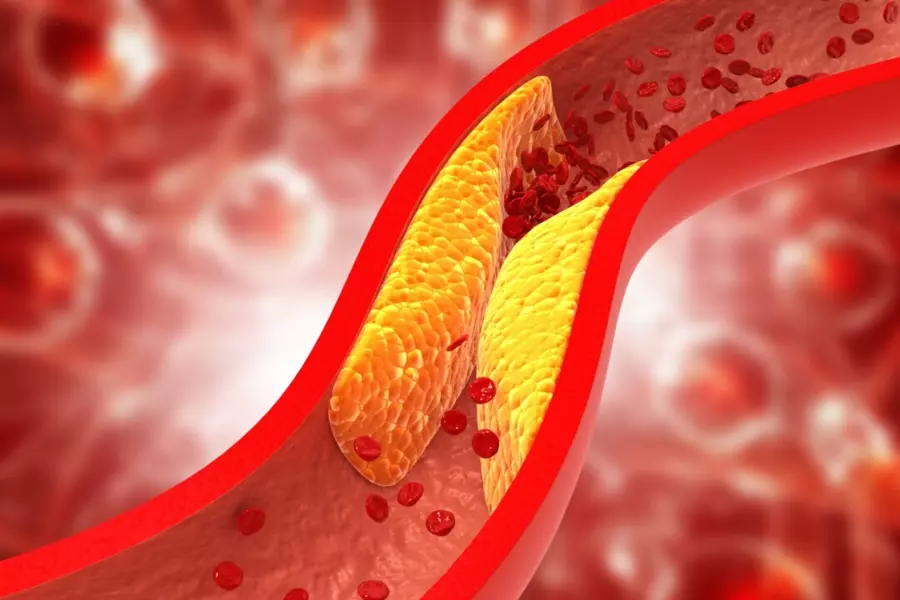The relationship between cholesterol and heart attacks has long been an area of intense scrutiny and debate among medical professionals. Cholesterol is commonly associated with cardiovascular disease, and strategies for reducing its levels are a major focus of modern medicine. However, some doctors argue that the negative perception of cholesterol may not be entirely justified.
Dr. Dayan Goodenowe, a neuroscientist and biochemical researcher known for his diagnostic prevention and treatment systems across various diseases, is one such individual challenging the conventional wisdom on cholesterol. He argues that the prevailing belief in the link between high cholesterol levels and heart disease is not based on logic or simple facts.
Cholesterol is a vital component of human health and well-being, as it plays an essential role in the production of many hormones, assists with general tissue repair, and contributes to the overall structure of cell membranes throughout the body. High-density lipoprotein (HDL), often referred to as “good cholesterol,” has been shown to be particularly important in this regard; higher levels of HDL can help lower a person’s risk of developing heart disease and stroke.
According to Goodenowe, the primary cause of cardiovascular issues like atherosclerosis is endothelial dysfunction, which refers to a disruption in the tightness of cells lining the blood vessels. When these cells become weakened or damaged, they can leak substances from the bloodstream into the artery walls, leading to inflammation and plaque formation over time. As these blockages grow larger, blood flow is constricted, blood pressure rises, and eventually, a complete blockage may occur, resulting in either a heart attack or stroke.
While low-density lipoprotein (LDL) does contribute to arterial blockages, Goodenowe contends that cholesterol itself has no direct impact on endothelial dysfunction. The liver is responsible for producing most of the cholesterol our bodies need, but additional sources can be obtained through consuming cholesterol-rich foods. When dietary changes are not sufficient to reduce a patient’s cholesterol levels to the target 150 threshold, statin drugs are often prescribed as a means to lower these numbers further.
According to Goodenowe, studies that have analyzed optimal cholesterol levels for people with the lowest mortality rates consistently show that individuals with cholesterol levels between 210 and 250 have the best health outcomes. Despite this, the prevailing belief in the efficacy of statins has persisted for nearly four decades. Goodenowe argues that this may be due to a misinterpretation of data; he suggests that people with naturally higher cholesterol levels (i.e., those on statins) consistently show better cardiovascular health and lower mortality rates when compared to individuals with naturally lower cholesterol levels.
For patients who choose to take statins, Goodenowe recommends a few supplements to help mitigate the drug’s potential side effects. Among these are N-acetyl-cysteine, acetyl L-carnitine (both of which he refers to as “mitochondrial support molecules”), and coenzyme Q10. He also emphasizes the importance of resistance training in maintaining healthy cholesterol levels, as this type of exercise can help balance fatty acid production with energy utilization within the body.
Ultimately, Goodenowe stresses that it is essential not to demonize cholesterol entirely; rather, we should recognize its many crucial functions and understand that optimal cholesterol levels are indicative of good health and overall well-being. By focusing on more natural methods for reducing triglyceride levels – such as resistance training – and carefully considering the potential benefits and drawbacks of statin use, individuals can make informed decisions about how best to maintain their cardiovascular health.

